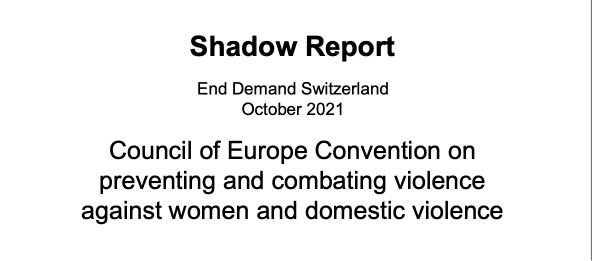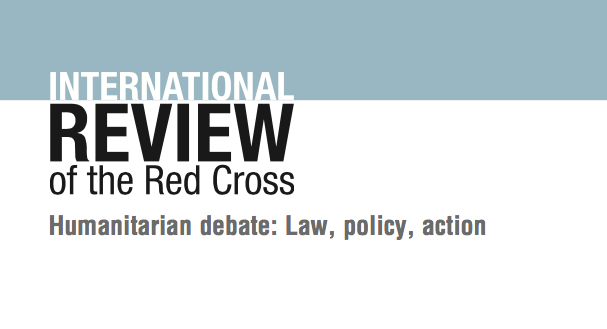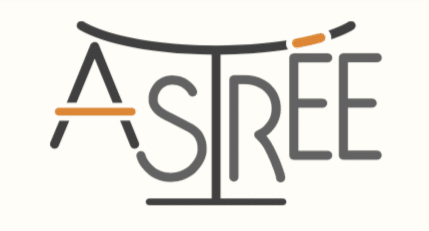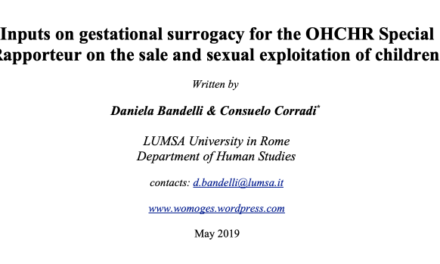Conclusions
Switzerland’s liberal prostitution policy normalises trafficking of women for sexual exploitation the in society. The policy approach has resulted in the expansion of the sex industry, fuelling demand for commercial sex, leading to more cases of human trafficking for sexual exploitation (HTfSE). According to the FEMM Study (2021), which assessed prostitution regulations in EU member states and the current situation of sex trafficking, sex trafficking is linked to the prostitution markets at destination in EU Member States. These markets are characterised by an increasing volume of “foreign prostitution” activities, and clients who often buy sexual services from foreign prostitutes are very likely buying them from trafficked victims.
The Swiss authorities continue to ignore the core concept of cause. The demand that fosters exploitation and leads to trafficking. In the context of HTfSE, this means all demand for commercial sex because any increase in demand affects the supply and motivates traffickers to supply more women to the Swiss sex prostitution market. Swiss authorities fail to learn from comparable States’experience; failing to meet the expectations of both the Convention and the Protocol as to international cooperation and information-sharing; this requirement is not limited to police files but experience and data as well.
The Swiss government seems to believe that its obligation to discourage demand is limited to the demand for trafficking victims specifically. However, this is not the case. The Article 6 formulation in the Convention, reflecting the same requirement in the Protocol, must be interpreted as addressing cause not just manifestation. The OSCE (2021) clarifies that this language establishes a concept of demand that moves beyond only the “demand for trafficking” or the “demand for sexual exploitation” to address demand that encourages exploitation35, which in turn leads to trafficking. This creates an obligation to discourage demand that extends beyond the knowing use of trafficking victims to any act that encourages exploitation of the prostitution of others.
Switzerland must be held accountable for its lack of political will to put in place policies suitable to prevent HTfSE. Its deficient institutional arrangements, unmeasurable measures, self-sustained lack of reliable data, focus on all legal obligations except prevention, and liberalised prostitution policies are incompatible with the Convention’s legal obligation to deploy demand-reduction to address trafficking in human beings.
 Loading…
Loading…

























